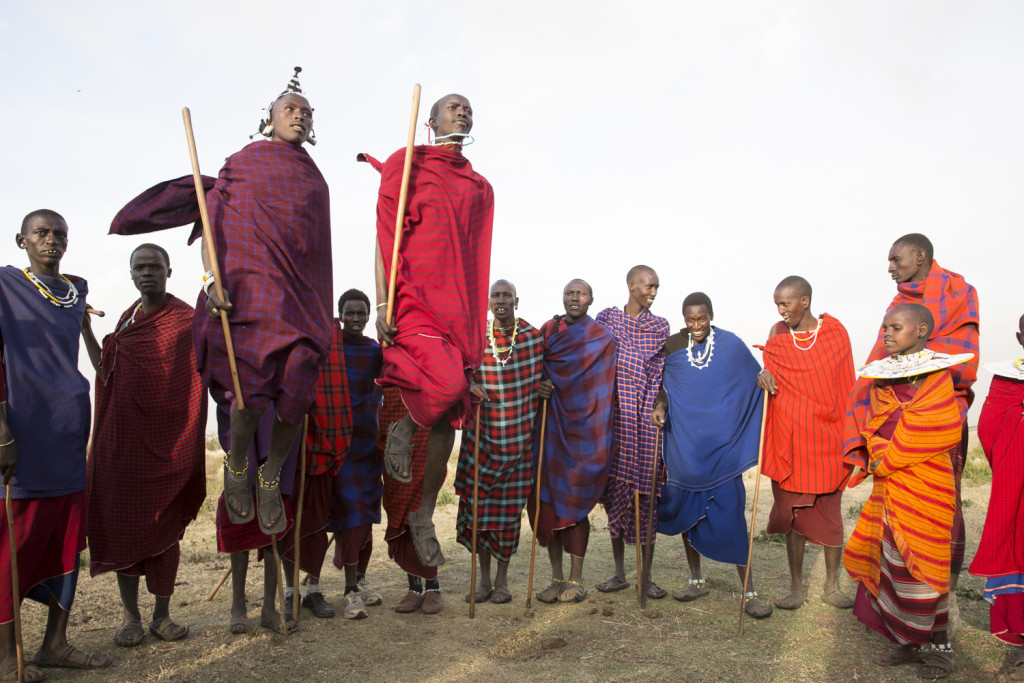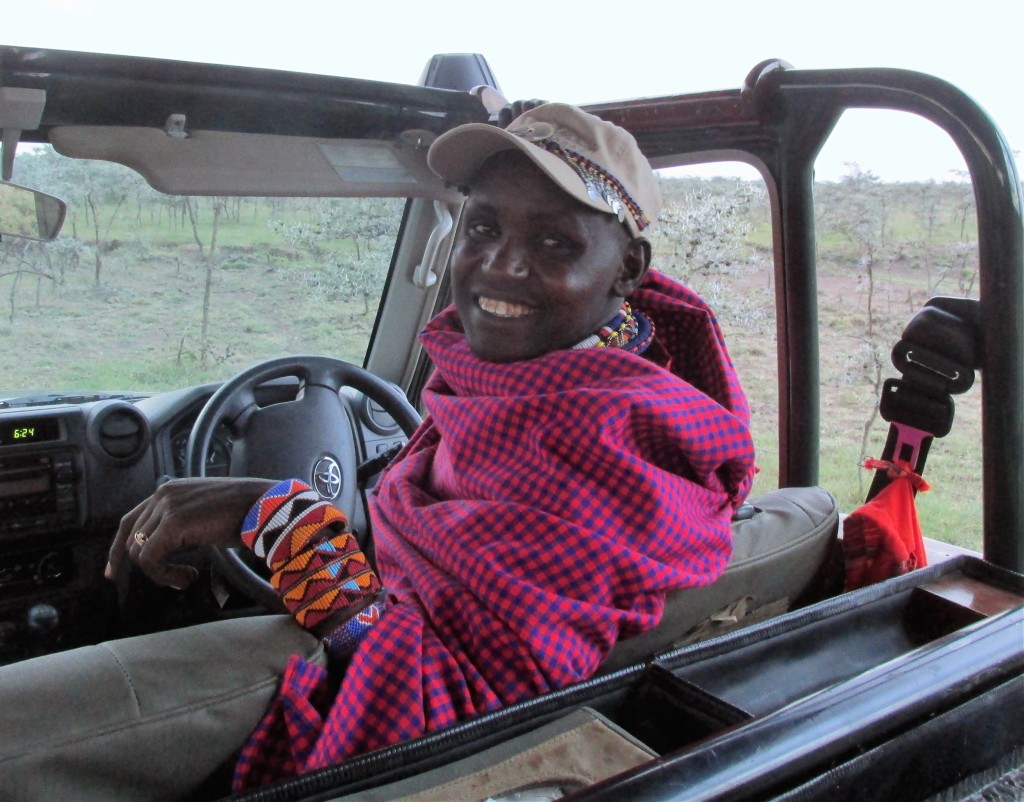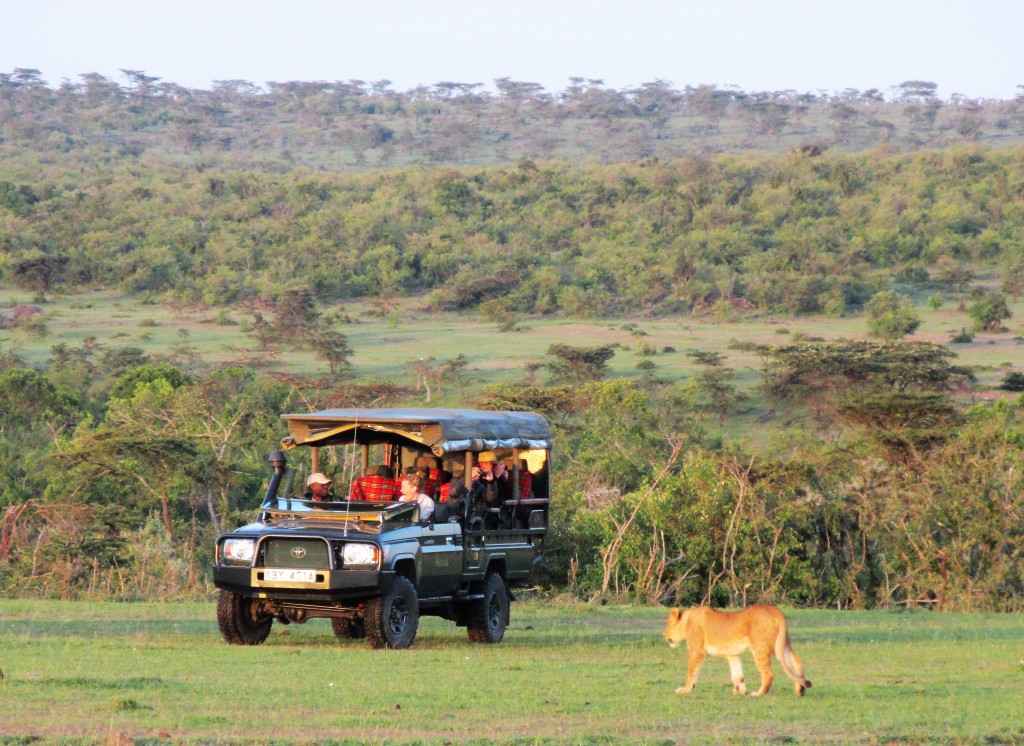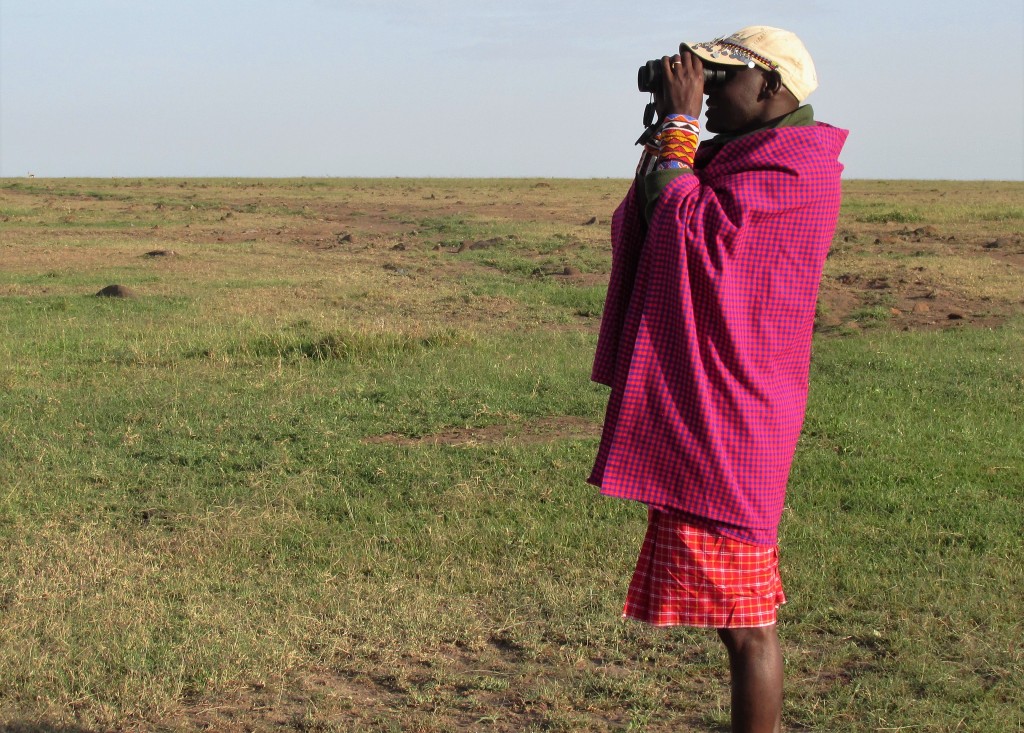Modern Maasai – Dickson Kereto
How the Maasai adapt to the modern world
World renowned for their vivid culture the Maasai people of East Africa face a rapidly changing world. The challenges of the past are not the same as the challenges of today. Here’s onemodern Maasai’s story.
In times gone by the Maasai, a semi-nomadic people, would follow the rains and rich pastures for their cattle. In Maasai culture, cattle were the most prized animal, higher in stature than women. However these migrations are now restricted by population expansion. Room for the Maasai to roam no longer exists, forcing them to confront their culture head-on. Their attitude to women is changing in tandem.
Dickson Kereto is a 31 year old Maasai man. The changes of the 21st Century is already visible in his life.
While he isn’t monogamous, he’s decided to take no more than two wives. Traditionally Maasai men would take six or more wives, depending on their status in society. Having two children per wife already Dickson has decided not to have more than six. This, he explains, is an economic decision.
My children need to be educated to survive in this world
“Education costs money. My children need to be educated to survive in this world. I must make sure they go to school,” he says. After a moment or two he adds: “And wives cost money nowadays too.”
This, he says, is due to Kenya’s new constitution which was adopted five years ago and favours women. If a man divorces his wife then 50% of the husband’s property is given to the wife. “It’s like Western law,” he says. The husband will also lose his time with the children as they invariably are given into the wife’s custody.
According to Kereto it’s all part of a bigger picture for women’s empowerment in the country. Now 30% of government appointments should be for the fairer sex. Women have the right to contest for an elected position, whereas in the old days, that just didn’t happen because women were regarded as inferior.
So how does a young Maasai man adapt to this changing world?
The economics of cattle are tenuous in the 21st Century. Fortunately for Kereto he lives near the world famous Maasai Mara Game Reserve.
Six years ago a communally owned group ranch, which is integral to the Great Migration for which the region is renowned, was subdivided among 554 landowners who acquired individual title deeds.
Anticipating the catastrophe that this would mean for wildlife, concerned citizens got together to turn the area into a community conservancy.The Naboisho Conservancy has created 142 permanent jobs for local Maasai.
Tourism has come to us
“Before the Maasai Mara was far from our village so tourism didn’t really mean anything unless you had a job far away. Now with the conservancy tourism has come to us,” says Kereto.
As one of the landowners Kereto earns rent from the eco-tourism operators in Naboisho. In addition, having completed a guide course at the Ol Koiyaki Guide School, he is now a part-time guide. ‘Tourism has changed my life. It is the first time to earn a salary. If I compare my life to 9 years ago I’m 100% improved,” he says.
There are many other advantages to the Maasai from the conservancy model. Camp operators frequently get involved with local schools, helping them with equipment and potable water. “I like Asilia,” he explains “they have many community projects and allow our women to sell their beadwork in the camps. Men are very positive ofwomen empowermentbecause money goes back to the families for medical and education.”
When asked how life would have been without tourism he responds: “Life would have been very difficult if no tourism. Because of climate change and livestock dying due to drought.”
Facing the dire threats of the illegal wildlife trade and human population expansion conserving Africa’s wildlife requires new and innovative thinking. Kereto shares this advice: “The best thing to do to conserve an area is you must involve the community. It means more eyes and information but they must benefit.”
The post Modern Maasai – Dickson Kereto appeared first on Asilia Africa.
More Positive Impact Articles

Electric Vehicles: The Future Of East African Safari Travel?
12 January 2020October 2019 saw the arrival of our first electric, solar-powered safari vehi...

Its Our 15th Birthday: Celebrating 15 Years of Making a Genuine Difference
08 November 2019This year, we're celebrating our 15th birthday and commemorating 15 years of...

World Tourism Awards 2019: Asilia Recognised For Our Positive Impact
01 November 2019The World Tourism Awards acknowledge, reward, and celebrate excellence across...

Supersized Traditional Maasai Necklace
21 October 2019In 2009, we became a founding member of the Mara Naboisho Conservancy and sin...









